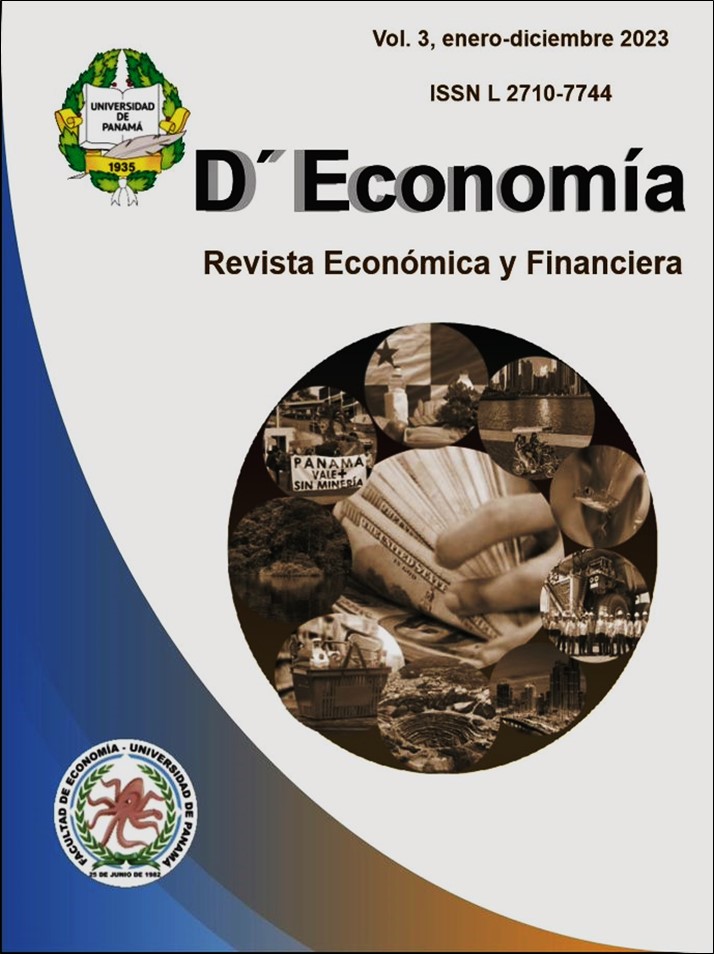

This research article is based on the concern to analyze the impacts of Panama's external debt, and the urgency of implementing a long-term sustainability model. In this paper, we attempt to answer a question: Can a country with public debt problems increase its economy and consequently decrease its debt? To answer this question, we analyze two macroeconomic variables par excellence, the Gross Domestic Product and the External Debt of Panama, through a correlation and regression analysis that will verify whether debt and economic growth are related.
Furthermore, we will only conduct the regression with data from a 20-year period, from 2000 to 2019; we do not include the subsequent years because the 2020 pandemic caused a global economic shutdown, which could bias the data and alter the results of the model. To estimate the
data, a two-tailed test for correlation was performed with a 5% significance level using the statistical package SPSS, where several models were estimated. In the analysis process, both the classical linear model and the exponential model were estimated, with the latter providing the best explanation of the relationship between GDP and External Debt.
This article provides information and knowledge to those interested in delving into the behavior of Panama's external debt during the period of 2000-2019, in order to expand explanations of its development and achieve a comprehensive understanding of Panama's economic reality.